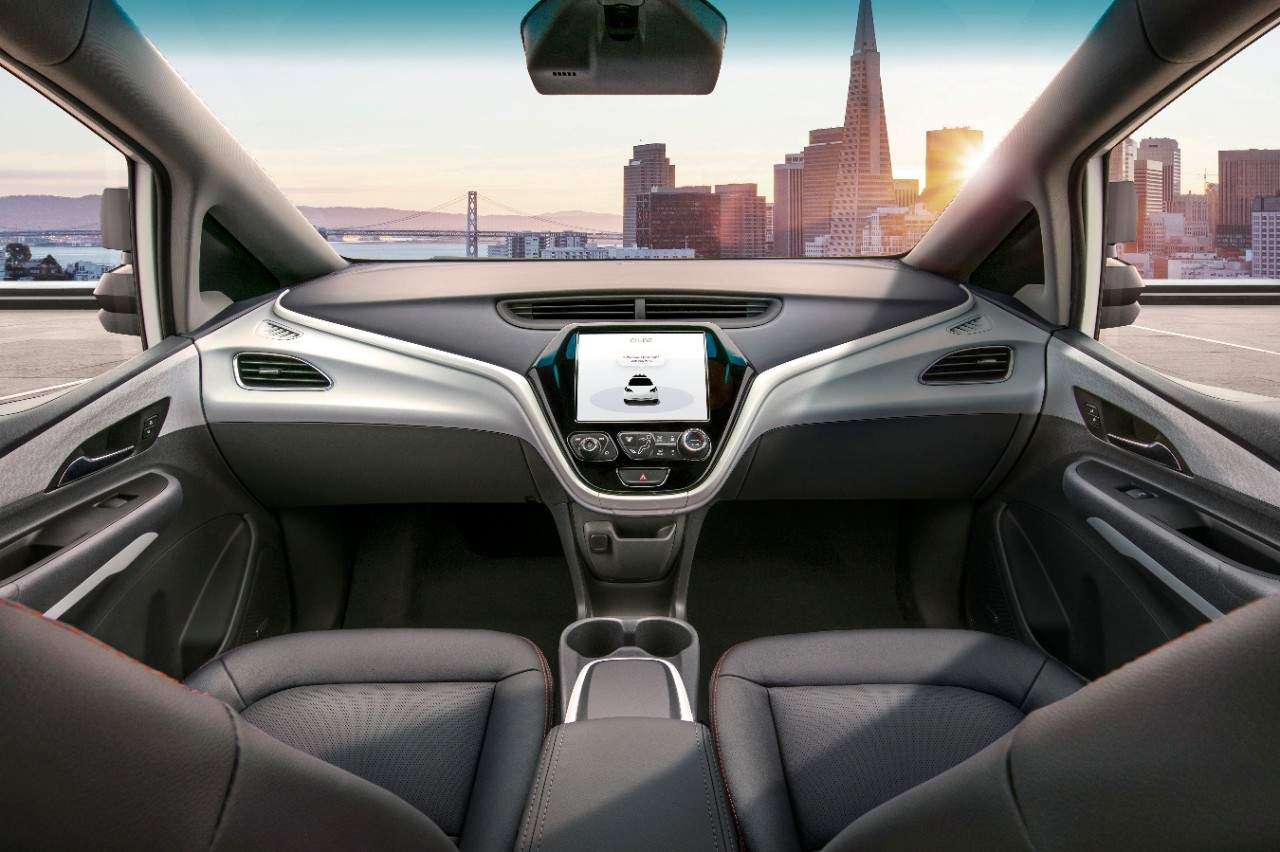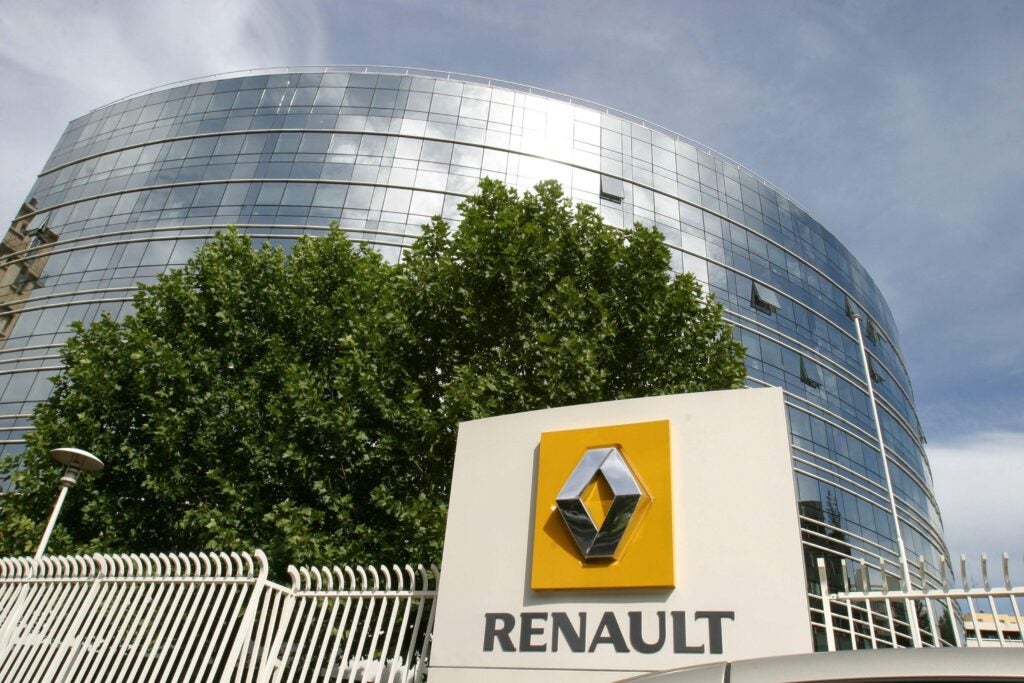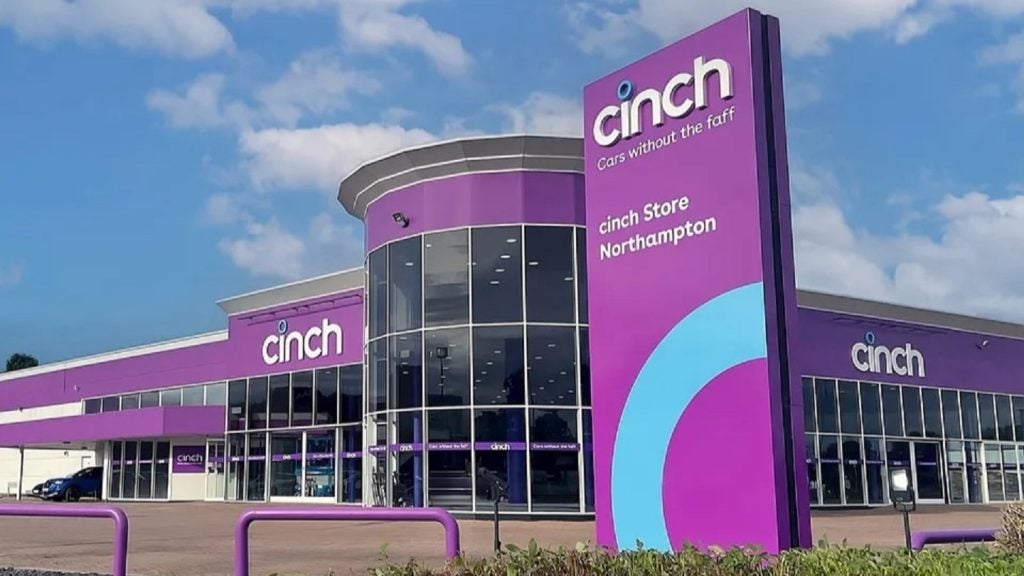
A number of carmakers have outlined plans for the future of vehicles at the 2018 Consumer Electronics Show (CES) in Las Vegas.
Ford: expanding in delivery
Ford has announced a partnership with American delivery company Postmates to develop autonomous vehicles in conjunction with Ford’s Argo divisions.
Ford has also expressed intentions to offer infrastructure services to cities, which would include a cloud platform, in order to build the network that will power connected mobility.
In the past months, the carmaker has struck R&D partnerships on self-driving cars with Uber rival Lyft in the US and retail giant Alibaba in China.
GM: going full hands-free
General Motors (GM) has presented its pedal-less and wheel-less Cruise AV (pictured above), which it claims to be the first production-ready vehicle that requires no human input whatsoever, and was designed with ride-sharing in mind.
GM stated that it is waiting for government approval for the vehicle, which is based on the Chevrolet Bolt EV, to enter production and hit the market already in 2019.
How well do you really know your competitors?
Access the most comprehensive Company Profiles on the market, powered by GlobalData. Save hours of research. Gain competitive edge.

Thank you!
Your download email will arrive shortly
Not ready to buy yet? Download a free sample
We are confident about the unique quality of our Company Profiles. However, we want you to make the most beneficial decision for your business, so we offer a free sample that you can download by submitting the below form
By GlobalDataHyundai: fuel cells for the car and beyond
Hyundai has unveiled its new fuel cell electric vehicle (EV), an SUV named NEXO, which also incorporates “a suite of advancements in autonomous driving”, assisted by a cockpit AI.
The company said it planned to introduce 18 “eco-friendly” models by 2025. Building on the announcement of its partnership with Silicon Valley start-up Aurora, it stated its aim to commercialise level 4 autonomous vehicles (requiring no human input in most situations) by 2021.
Additionally, Hyundai showcased how zero-emission technology could be deployed in household powering functions, signalling a potential expansion beyond the car technology market.
Kia: connectivity and car sharing
Kia has outlined a three-pronged approach to its future car tech.
For self-driving vehicles, it is also looking at level 4 autonomy, with testing due to commence in 2021. On the connectivity front, it aims to offer connected cars across every segment by 2025, and to connect every model by 2030.
As for power, it will introduce 16 models with some form of electrification by 2025, as well as deploying a fuel cell vehicle in 2020.
Finally, Kia will export its WiBLE car-sharing service to certain cities in Europe in 2018, with specific locations to be announced soon. The service currently only operates in South Korea.
Toyota: self-driving within delivery services
Toyota, meanwhile, has kept passenger car announcements to a minimum. Instead, it followed in Ford’s steps and unveiled a self-driving minibus concept named the e-Palette, which functions as a sort of modular mini-shop for the delivery of retail products to consumers.
Toyota says it has formed an alliance with Amazon, Mazda, Didi, Pizza Hut and Uber to further develop the concept. President Akio Toyoda called the e-Palette an “open, flexible” software and hardware platform.
He added: “My goal is to transform Toyota from a car company to a mobility company … Google, Apple, Facebook is what I think about at night.”
Volkswagen: looking to AI
Volkswagen announced a partnership with chipmaker Nvidia to develop AI capabilities for autopilot, leveraging deep learning.
It accompanied the announcement with an electric, AI-assisted concept redesign of the iconic VW minibus (pictured above).
VW aims to introduce autonomous vehicle starting 2020. It also plans 20 fully electric vehicles by 2025.
Nvidia rival Intel, meanwhile, has said its Mobileye chips will be pivotal to the future of autonomous driving. Intel is due to complete the $15bn acquisition of Mobileye in August.







